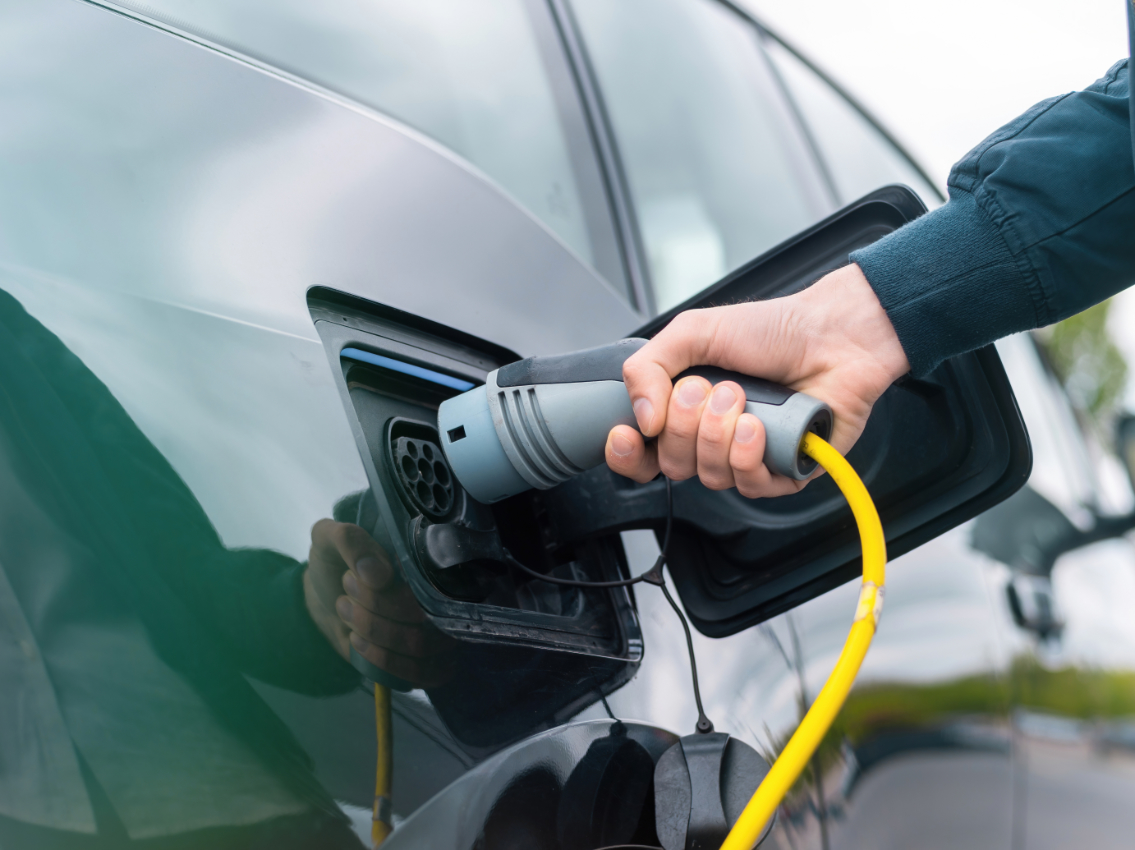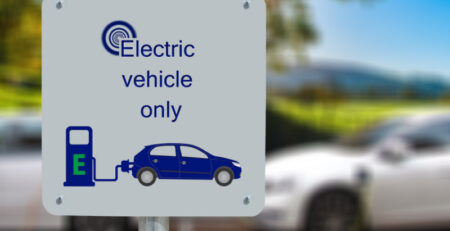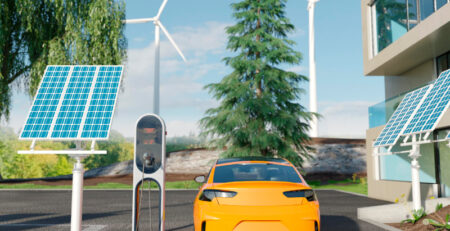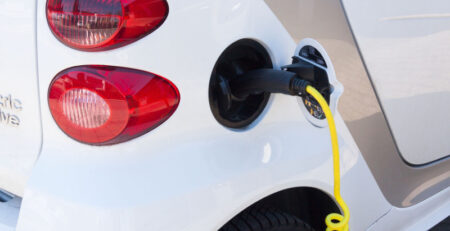What is an Electric Vehicle?
As the name explains, an Electric Vehicle, commonly abbreviated as EV, is one that operates on an electric motor. It is powered by a battery, unlike vehicles with internal combustion engines (ICEs) that run on fossil fuel.
The increasing awareness of how fossil fuels are impacting the environment and the significant hikes in petrol and diesel prices has led to more and more people turning to ICEs’ eco-friendly counterparts.
EVs are now available in all forms. You can find 2-wheelers, 3-wheelers, cars, buses, and cargo vehicles like trucks that run either fully or partially on electricity. There are 3 main types of EVs- Battery Electric Vehicles (BEVs), Hybrid Electric Vehicle (HEVs), and Plug-in Hybrid Electric Vehicle (PHEVs).
There are 3 types of Electric Vehicles:-
- Battery Electric Vehicles
- Hybrid Electric Vehicles
- Plug-in Hybrid Vehicles
Battery Electric Vehicles (BEVs)- BEVs run fully on electricity and use rechargeable batteries. BEVs create very little noise and also require lesser maintenance since they have fewer moving parts. In fact, they do not have spark plugs, exhausts, clutch, or gears.
BEVs can be charged overnight for using the next day. However, if you have to travel long distances, you will have to charge your car from time to time. The charging time can range from 30 minutes to 12 hours, depending on the speed of charging and the size of the battery.
Hybrid Electric Vehicles (HEVs)- Hybrid electric vehicles use the combination of ICE systems and electric propulsion systems. Regenerative braking converts the energy that is usually wasted during braking into electricity, which is then stored in the battery pack.
Due to the combustible engine, HEVs generate the standard amount of noise that any vehicle with IEC makes, and also require the same kind of maintenance as well.
Plug-in Hybrid Electric Vehicles (PHEVs)- Plug-in Hybrid electric vehicles run partially on electric power, and are coupled with petrol or diesel power. So, if you have to travel for longer distances and can’t find a charging point, you can switch to traditional fuel.
Compared to BEVs, PHEVs have smaller battery packs, in turn leading to reduced range. PHEVs are not as noiseless as BEVs and also require nearly the same amount of maintenance that an ICE vehicle requires.
Range anxiety is fairly common in EV owners, which is why AmpVolts exists. We strive to provide sufficient infrastructure so that you can travel to your heart’s content without worrying about finding a charging point.








Leave a Reply